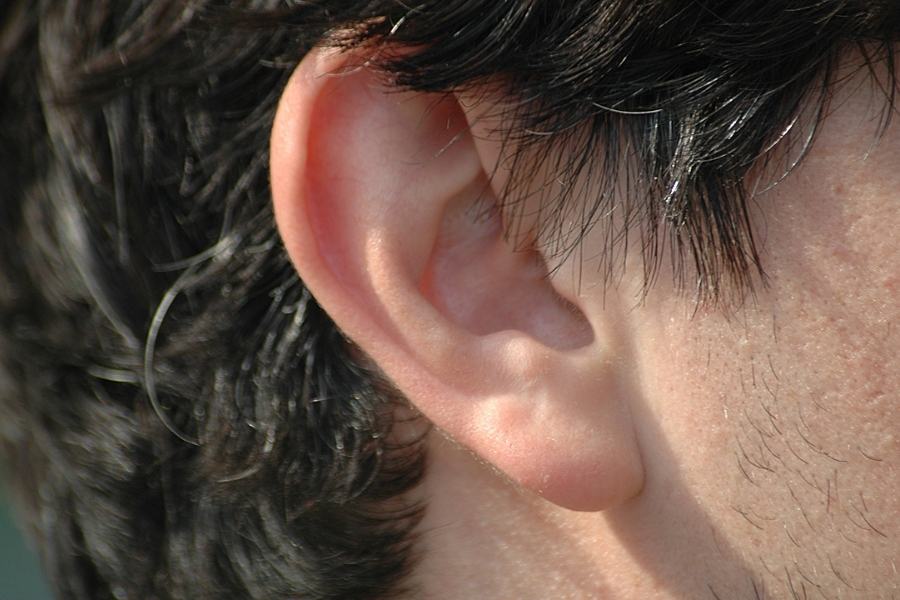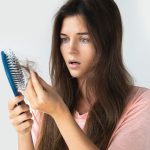We all want to have great hearing, but there are many things out there that can damage our hearing, especially things we don’t notice or know until it’s too late.
In article, I’ll be showing you how various things in your modern life are causing you to lose your hearing and teach you how to protect your ears to prevent hearing loss because who wouldn’t want good hearing?
How We Hear Sound?

How hearing sounds work in humans? To understand and prevent hearing problems, you must first know how hearing sounds work in humans.
Hearing sound is a complex process that converts sound waves from the air into nerve signals sent to the brain. The sound waves hit our ears and then travel throughout the ear canal.
At the end of the canal, the sound waves bounce upon the eardrum and send the vibrations through three bones into the inner part of the ear, which is the cochlea.
Inside the cochlea, are fluids and hair cells. When the bones in the middle ear move, the fluids inside your inner ear move as well. This movement triggers the hair cells.
Note that not all hair cells move at the same time and different hair cells can move for different sounds. The hair cells convert the movements into electrical signals.
These signals go through your auditory nerves into your brain, and thus, you can hear the sound.
As you can see, there are multiple ways for the sound waves to not reach the brain, which can prevent you from hearing correctly or anything at all.
The Types of Hearing Damage

There are two types of hearing loss conductive and sensorineural.
Conductive hearing loss is a mechanical problem with the ear, in which sound has trouble moving from the outer ear to the middle ear’s eardrum.
This can be caused by earwax, dirt, anatomical deformities, anatomical damages, fluids, and other types of objects blocking the ear canal.
Conductive hearing loss is repairable, for the most part. If you just keep your ears clean and avoid situations that could damage your physical ear structure, you’ll be fine.
On the other hand, sensorineural hearing loss is nerve damage inside the inner ear. Unlike conductive hearing loss, sensorineural is permanent!
There are a few causes such as infections drugs and injuries, but the two biggest causes are aging and loud noises. While you can’t do anything about aging, which you really don’t lose much of your hearing anyways, you can with loud noises.
Loud noises are especially bad for your ears. If you’ve been exposed to sounds over 85 decibels for some amount of time, you may experience noise-induced hearing loss, in which the loud sounds violently damage hair cells inside the inner ear.
Due to modern culture, we are constantly exposing ourselves to noises over 85 decibels for sometimes over extended periods of time, and we don’t even notice it’s a problem until it’s too late.
This could be vehicles with loud engines or certain genres of music that are blasted at loud volumes.
The Dangers of Headphones

One of the biggest contributors that most of you watching do is using headphones.
With headphones and earbuds being common nowadays, people assume it’s safe to use, but it’s not.
There are multiple studies out there that show this. For example, a Swedish study did a self-report on teens using portable music players with headphones around ages 17.
The results: the teens were more associated with poor hearing thresholds and more self-reported hearing problems.
Another study found an increase in the prevalence of hearing loss among adolescents and young adults in general from 1988 to 1994 and 2005 to 2006.
This makes sense because most people tend to BLAST their music subconsciously, especially with the technology we have now.
How to Protect Your Hearing

For those who want to prevent hearing loss, here are some heuristics to follow if you want to have proper hearing throughout your life.
Clean up your ears from dirt and earwax

The first thing to do is clean up your ears from dirt and earwax. A build up a wax in your ears can muffle the sound, which can cause conductive hearing loss over time like I mentioned.
Also, be careful with the cotton swab when cleaning the wax and dirt. If there’s too much wax, a swab could push the wax deeper in the ear.
If it gets too compacted in your ear, you will need a doctor to remove it.
Avoid loud noises

The second thing is to avoid loud noises in general whenever possible.
Whether it be sounds from motorcycles, concert speakers, power tools like saws and drills, and more, try to minimize or completely cut them out.
If you need to be in a loud environment, wear earplugs or earmuffs. Both can reduce the sound by 15 to 30 decibels, depending on the quality.
If you can, wear both! But, otherwise, just stay in a quiet environment.
Avoid using headphones if you don’t need to.
When you do: get ones with external noise cancellation, so you won’t be tempted to turn up the volume because the environment’s noise is drowning out whatever it is you’re listening to.
Examine your medication for ingredients or chemicals

The third thing is to examine your medication for ingredients or chemicals that could damage your hearing.
If you aren’t sure, check with your doctor to make sure. If you must take a medication that may harm your ears, make sure your doctor checks your hearing before and during the treatment.
Get tests

The fourth thing is to get tests if you suspect your hearing is affected.
If you have trouble hearing conversations or are around loud noises often or hear ringing in your ears often, you may want to get a professional opinion, especially if these symptoms happen suddenly.
If you are diagnosed with hearing problems after the examination, do what’s necessary and try to avoid further damages.
So, the hearing sound is a complex process with many things to go wrong. Your hearing could get lost conductively or sensorineural. If you clean your ears and avoid loud noises, you’ll be fine for the most part.
So, are you hard of hearing? How badly has it affected you?











